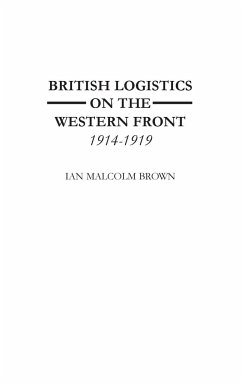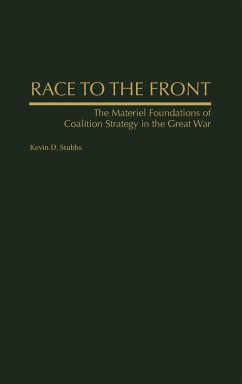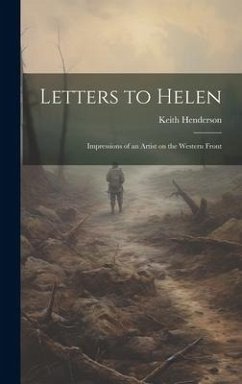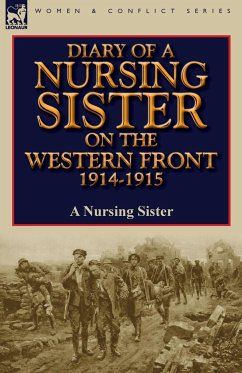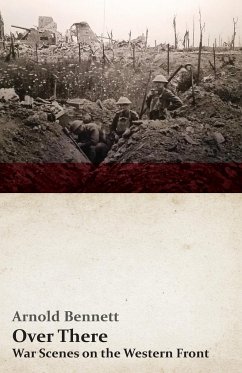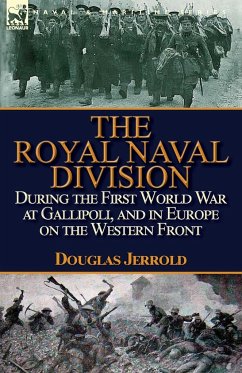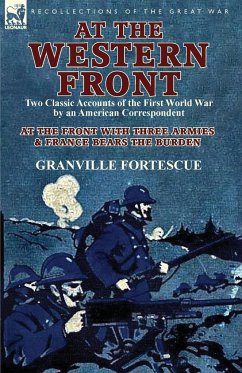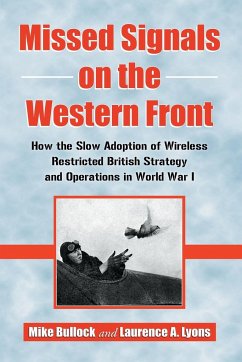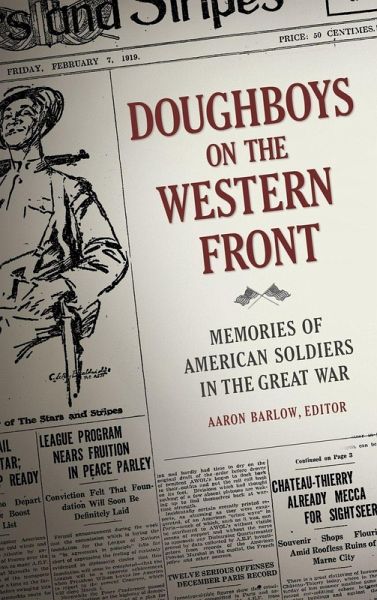
Doughboys on the Western Front
Memories of American Soldiers in the Great War
Herausgeber: Barlow, Aaron
Versandkostenfrei!
Versandfertig in 1-2 Wochen
70,99 €
inkl. MwSt.
Weitere Ausgaben:

PAYBACK Punkte
35 °P sammeln!
Covering the daily lives of American soldiers from their training through their arrival in France and participation in the final battles of the war, this book offers a breadth of perspectives on the experiences of doughboys in the First World War via primary documents of the time. Due to the mechanical typewriter and the Linotype machine, printed materials during the World War I era were produced quickly and widely distributed. In a time without media other than those on paper, printed materials like newspapers, magazines, books, letters, and army orders were critical for communication. This b...
Covering the daily lives of American soldiers from their training through their arrival in France and participation in the final battles of the war, this book offers a breadth of perspectives on the experiences of doughboys in the First World War via primary documents of the time. Due to the mechanical typewriter and the Linotype machine, printed materials during the World War I era were produced quickly and widely distributed. In a time without media other than those on paper, printed materials like newspapers, magazines, books, letters, and army orders were critical for communication. This book examines the range of documents written during World War I or within a few years of the end of the conflict to reveal the experiences of the doughboys who participated in "the war to end all wars." Through documents such as military communications, newspaper accounts, personal letters, divisional histories written soon after the end of hostilities, and other sources, readers get detailed glimpses into the doughboy experience during World War I. The book covers subject matter throughout their time as soldiers, including training in the United States and in France, early participation in conflicts, daily life in the American Expeditionary Force, the major battles for American troops, and what returning home was like for those lucky ones. The assembled narrative of the war experience from many different voices and individuals creates a resource that enables a better understanding the attitudes and perspectives from 1918 through the very early 1920s. Readers will also gain an appreciation of the many changes in American culture that were to follow immediately after the war's conclusion and contribute to the decade of the Roaring Twenties.





